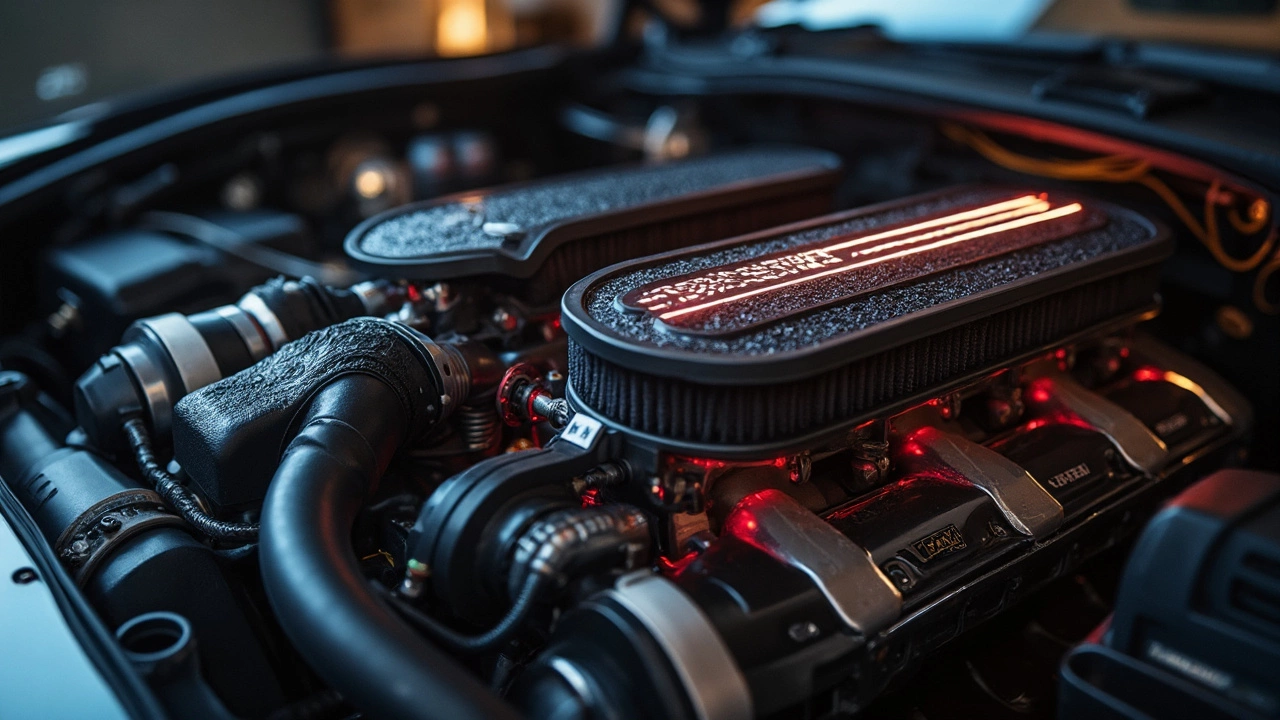Costly Air Filters: What You Need to Know Before You Buy
If you’ve ever walked into an auto shop and seen a $200 air filter, you probably wondered whether it’s a smart spend or just a marketing gimmick. Air filters keep dirt, dust, and debris out of your engine, so a good filter matters. But the price tag can jump fast when you start looking at performance or specialty filters. Let’s break down why some filters cost more, what benefits they actually give, and when you should stick with a regular filter.
Why Some Air Filters Are So Expensive
First off, the cost isn’t just about the material. High‑end filters often use cotton‑woven or foam media that can be washed and reused. Those materials are pricier to produce than cheap paper pleats. Add in a sturdy metal or silicone frame, and you’ve got a filter that can survive multiple cleaning cycles. Brands also spend money on testing for flow rate, filtration efficiency, and durability, which gets passed on to the buyer.
Another factor is the “brand premium.” Big names in the performance scene charge more because their logos are trusted by enthusiasts. That trust can be worth the price if you’re racing or pushing your engine hard, but it’s less critical for everyday commuting.
Performance vs. Normal Filters: Is the Extra Cost Worth It?
Performance filters promise better airflow, which can translate to a few extra horsepower and a slightly more aggressive throttle response. In real‑world driving, the gain is usually under 5% – enough to feel a bit snappier, but not a game‑changer. The trade‑off is that they can let a tiny bit more dust through if you don’t clean them regularly.
Normal paper filters, on the other hand, are cheap, disposable, and designed to trap the smallest particles. They’re great for city drivers who want low maintenance and long engine life. If you change them every 12‑15 k m, you’ll keep your engine clean without thinking about washing a filter.
So when does a costly filter make sense? If you regularly lift heavy loads, drive on dusty tracks, or run a turbocharged engine that craves airflow, a reusable high‑flow filter can save money over time. Otherwise, a standard filter does the job and keeps your budget happy.
Bottom line: Don’t buy a pricey filter just for the name. Look at the material, cleaning intervals, and how you drive. A little research can prevent you from spending extra on an upgrade you’ll never notice.
Ever wondered why K&N filters come with a hefty price tag? This article dives into the quality materials, innovative engineering, and performance enhancements that justify their cost. We'll explore the benefits of using K&N filters, from improved engine performance to long-term savings. Get tips on maintaining your filter for maximum efficiency, and learn about the unique features that set K&N apart from the rest.

